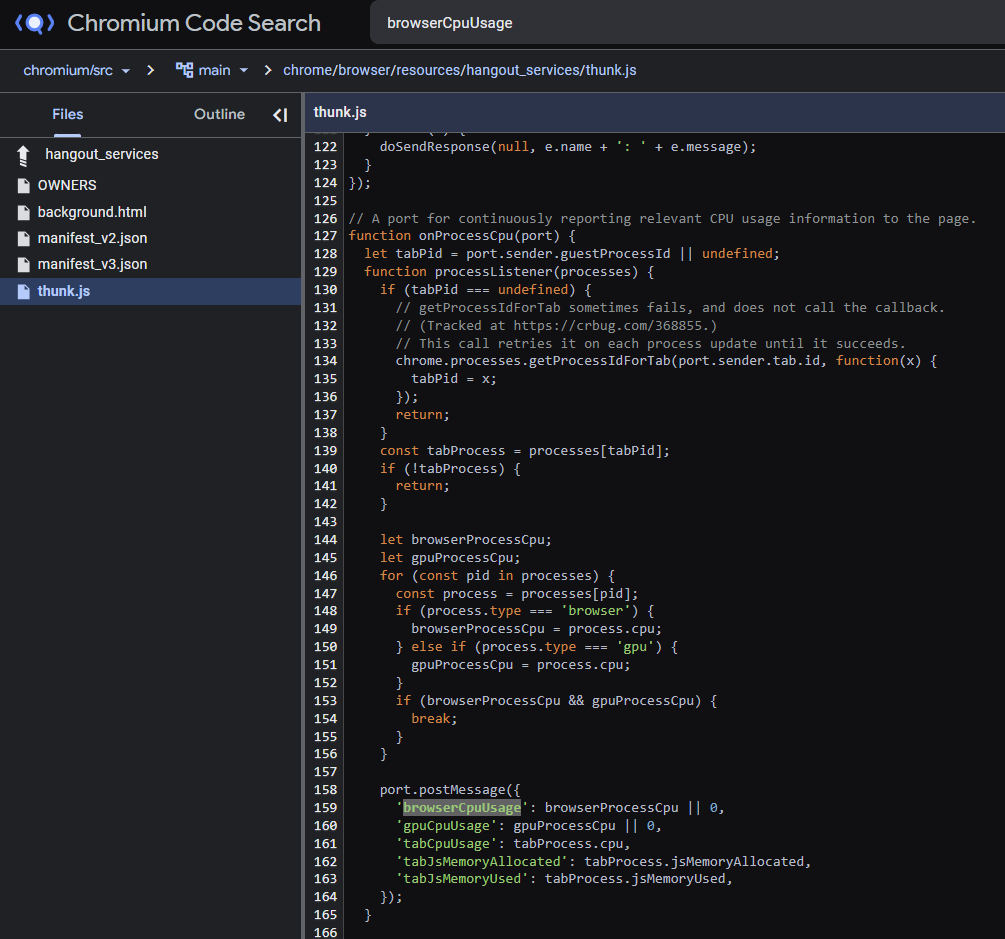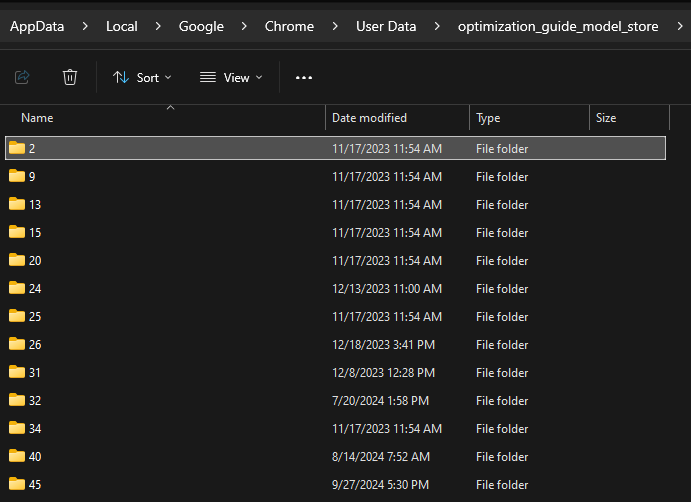"If something is for free, you are the product."
Introduction
Google has long been regarded as the undisputed king of search. However, beneath the surface lies a startling revelation – the company's manipulation of user data through its ubiquitous Chrome browser. This article delves into the depths of Google's covert tactics, exposing how the tech giant leverages Chrome to entrench its monopoly and amass a wealth of user information, ultimately shaping the online experience to its advantage.
Mobile-First Indexing
Google's much-touted Mobile-First Indexing initiative was supposed to be a game-changer, promising to prioritize the mobile experience and enhance the search results for users on the go. However, the reality is far more sinister. Google has been surreptitiously harnessing the computing power of users' devices to render and process JavaScript-heavy websites.
Rather than relying solely on its servers, Google has cleverly (and without the user's knowing) offloaded the resource-intensive task of rendering JavaScript to the devices its users trust. By doing so, the company not only reduces its operational costs but also gains unprecedented insight into how users interact with websites, from their scrolling patterns to their engagement with specific elements. Each time you scroll a page, click on a link, visit a product page, or pay for something - it's captured, processed, and sent back to Google.
The Rendering Resource Deception
Google has been less than forthcoming about the true nature of its web crawler's "rendering resources". Initially portrayed as a newer version of web crawlers dedicated to rendering JavaScript, the truth is far more insidious. These "rendering resources" are the Chrome browsers installed on users' devices, silently capturing and transmitting data back to Google's servers.
By leveraging the ubiquity of Chrome, Google has effectively turned millions of devices into unwitting data-collection nodes, feeding its algorithms with a constant stream of user interactions, browsing behaviors, and rendered website snapshots. This unprecedented access to user data has granted Google an unparalleled advantage in understanding user intent, preferences, and online journeys – information it can then leverage to refine its search algorithms and targeted advertising - not counting the search results. Why would Google rely on links, which are so easy to manipulate, if it can process live user data as a ranking factor? Why would it rank if no one is looking at your site or clicking your links?
For some of us, it's nothing new. Black hat SEOs have used traffic or artificial SERP clicks for a while. Google denied for years that click data is ever used as a ranking factor, and self-proclaimed SEO gurus pumped "content is king" bullshit. Now we know - they lied. AGAIN.
The Cohort Modeling Advantage
With this wealth of user data, Google has embarked on an ambitious endeavor: cohort modeling. By analyzing users' collective behaviors and preferences with similar characteristics, the company can create highly targeted user segments or "cohorts." These cohorts are then leveraged to deliver personalized search results, tailored advertising, and even shape the online shopping experiences of users within each cohort.
This level of granular targeting not only enhances Google's ability to serve relevant content and positions the company as an indispensable partner for advertisers seeking to reach specific demographics or consumer groups. As a result, Google's dominance in online advertising is further solidified, making it increasingly difficult for competitors to gain a foothold.
Google's big push to stop third-party cookie tracking for your "safety" was just a smoke screen and another obstacle for potential competition. Yeah, Google, we know about persistent "cookies," hardware and IDs, software footprints, or behavioral profiling.
The AI Training Monopoly
Google's ambitions, however, extend far beyond search and advertising. The company has set its sights on artificial intelligence, and Chrome's data-collection capabilities are pivotal in this pursuit. By tapping into the vast troves of user data captured through Chrome, Google can train its AI models on an unprecedented scale, giving it a significant advantage over competitors.
From natural language processing to computer vision, the wealth of user data collected through Chrome provides Google with a treasure trove of training data, enabling its AI systems to learn and evolve at an accelerated pace. This monopolistic control over user data solidifies Google's dominance in the current AI landscape and positions the company to maintain its lead as the technology advances.
So, Google Chrome gives all *.google.com sites full access to system / tab CPU usage, GPU usage, and memory usage. It also gives access to detailed processor information, and provides a logging backchannel.
— Luca Casonato 🏳️🌈 (@lcasdev) July 9, 2024
This API is not exposed to other sites - only to *.google.com.
Google Chrome comes with a secret extension. It doesn't show up on the extensions page, and you can't switch it off. Guess what - Brave browser also got it, and most likely, any other Chromium-based project does. Just search for yourself:

Why would a browser need to report resource usage to an external source? Did you ever wonder why your Chrome slowly eats all RAM and temp files on your HDD grow forever? How come, from those couple of pages you have visited, suddenly there are gigabytes of data on your drive?
It looks like much more than temporary files from browsed pages are being saved, processed, and sent back to Google.
You will find many interesting things if you check Chrome's AppData folders. Including optimization_guide_model_store:

If you check any of the folders, you can find files similar to this one:

.tflite files are... TensorFlow, initially for internal use only, but later open-sourced. It is a framework for machine learning, and AI engineers use it to build machine learning and deep learning models. It allows them to train and execute neural network image recognition (vision models), natural language processing (NLP), digital classification, and more. It helps reduce the complexity of the computation of very large data sets. I know it sounds complicated (and it is...) if you are not an engineer or don't follow the latest AI advancements. The main thing here is that TensorFlow helps create data structures for machine learning. That means it provides data in a format that "AI" can learn, understand, and process.
TensorFlow Lite is a smaller memory footprint version explicitly designed for mobile devices. Without too many details - your behavior is used to build those models. If you have too much time, you can analyze those files and see what is being created.
C:\Users\your_username_here\AppData\Local\Google\Chrome\User Data\optimization_guide_model_store I'm sure Mac fanboys can figure it out on their own ;)
So what?
You may not know this, but all Big Tech companies are at war. It's a race to discover true AI (or AGI - Artificial General Intelligence) first. It's not about profit; it's about their survival and world domination. The amount of power and potential is even hard to imagine. The rate of progress is already exponential, with new, better AI models coming out almost daily. Unless a discovery changes, the current direction - power consumption and processing power- is the most significant limiting factor. This is why Nvidia's stock exploded.
So, what does this have to do with you? How about becoming a little node in Google's distributed processing network? Imagine every Chrome browser feeding data, user behavior, habits, likes, dislikes, opinions, political views, or every dark secret. If you can't see how scary and evil this is, maybe you should go back to watching TikTok and reading Reddit posts about sneezing pandas.
Google is likely looking for a way to distribute processing. What's next seems obvious...
So, how can Google hide all this? Almost everyone tracks visits to their websites, sooner or later some of this would start showing up. Oh, wait. GA4, and killed old Universal Analytics. There was no easy way to transition your old data or link and no way to keep the older version of the tool running. Data discrepancies can be massive if you actively monitor what you are doing, especially with any paid traffic. Could this expose Google?
The Privacy Paradox
Amidst these revelations, a glaring contradiction emerges: Google's claims of prioritizing user privacy starkly contrast its surreptitious data-collection practices. While the company touts its commitment to transparency and user control, Chrome's data-gathering capabilities operate largely in the shadows, with users often unaware of the extent to which their online activities are being monitored and exploited.
This paradox raises questions about the ethical boundaries of data collection and the potential for abuse. As Google's monopolistic grip tightens, concerns arise regarding the potential for manipulation, censorship, and the erosion of online freedoms – a slippery slope that could have far-reaching consequences for the open internet as we know it.
Conclusion
Users (that means you!), policymakers, and industry stakeholders should take decisive action to restore balance and foster a more competitive online landscape. This may involve advocating for stronger data privacy regulations (we all know where that would go), promoting the adoption of alternative browsers and search engines (vote with your attention! Stop using Google's crap because it's convenient - YOU are the product here.), and encouraging the development of decentralized, user-centric technologies that prioritize transparency and user control.
Ultimately, the path forward lies in recognizing the inherent power imbalance created by Google's monopolistic practices and taking proactive steps to level the playing field. Only through collective action and a renewed commitment to online freedom and privacy can we ensure that the internet remains a vibrant and open ecosystem, free from any single entity's dominance. Stop with the idiotic "who cares" approach, look around you, and take steps to prevent this nightmarish future. Do you want 1984's reality for your children? This one is on you!






